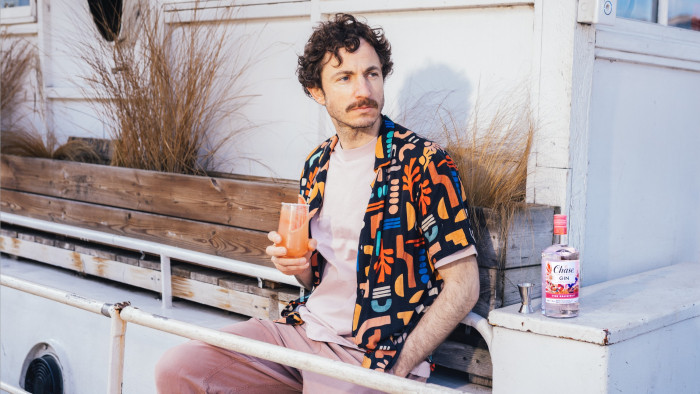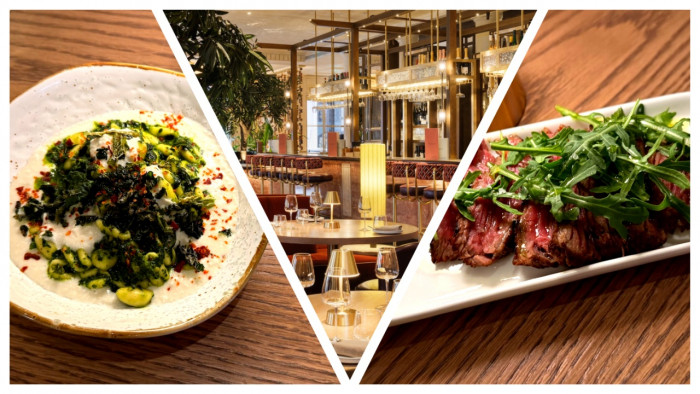The last few days have acted as a wake-up call for men who turned a blind eye to inappropriate behaviour from their peers.
Following a series of stories about sexual assault and harassment from Hollywood figures, most notably Harvey Weinstein, it quickly became very clear - if it wasn’t already - that this is not something only prevalent in one industry.
Using the hashtag #MeToo, women have been sharing their own experiences of sexual violence on the part of those in positions of power, but that’s only half the battle.
If men merely pay lip service to the concept, and fail to actually better themselves and work harder to challenge those in their spaces who are accused of impropriety, there is a danger that nothing will change in real terms.
This is why the #HowIWillChange hashtag is a start, but needs to not be the endpoint.
The hashtag was launched by writer Benjamin Law, who accompanied his pledge with links to donate to women’s shelters in his native Australia and acknowledged that simply not harassing, assaulting and/or abusing women is not enough.
Instead, he says, it’s important to recognise all men likely know or are an abuser, and that “Questioning harassment, not doing anything about it—all as bad [as being a perpetrator]”.
Law pointed out that men should not expect any congratulation for any of this, and that women already regularly receive abuse for calling out such actions.
The hashtag has quickly gained traction, and – while there are sadly still people refusing to listen – plenty of positive noises are being made.
Making these pledges is the first step, but if men don’t follow through on them then it’s all in vain.
(Main image: Derick Anies)
Latest
Related Reviews and Shortlists










